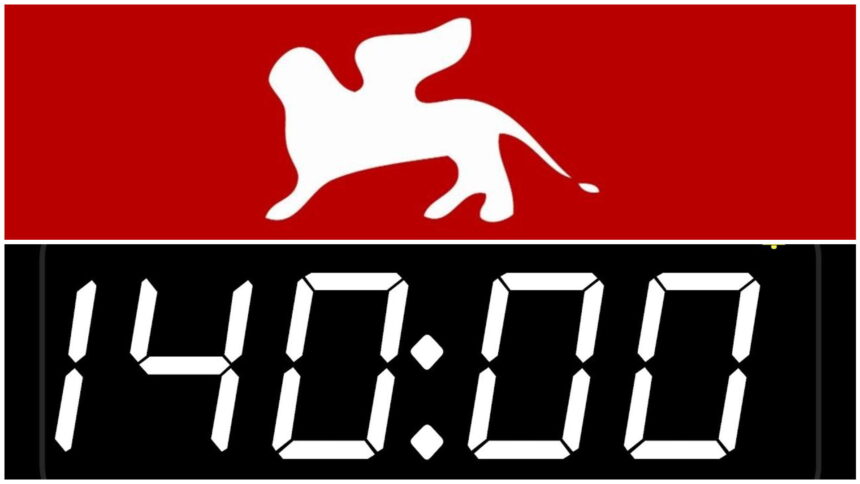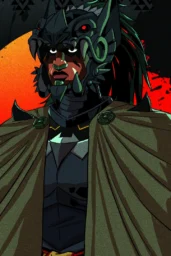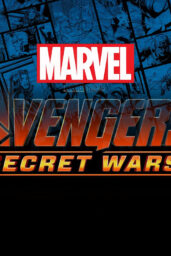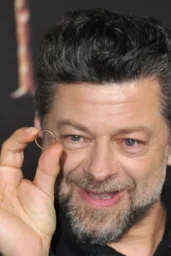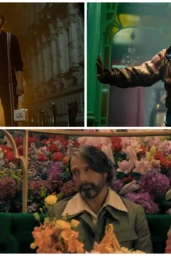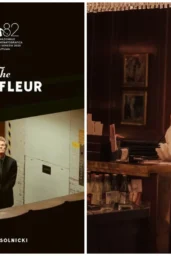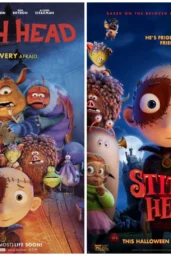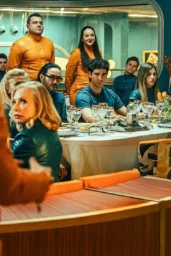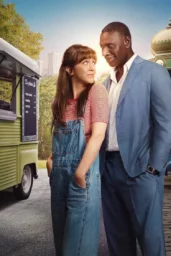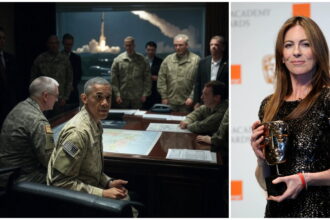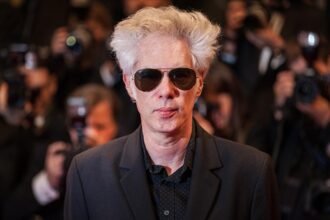There's a moment during most modern festival screenings—usually around the 95-minute mark—where the body shifts, the mind wanders, and the soul quietly begs for mercy. Not because the film is bad. Sometimes it's brilliant. But because once again, some auteur decided their story absolutely had to be 140 minutes long.
Welcome to the 82nd Venice Film Festival, where restraint is on vacation and editors have seemingly been sent home without pay. This year's lineup, just announced in full, reads more like a test of endurance than a celebration of cinema. Of the 21 titles competing for the Golden Lion, only three have runtimes under 110 minutes. The rest sprawl.
Take Park Chan-wook's latest, No Other Choice—140 minutes of psychological swirl and high-gloss anguish, continuing a trend that's now become something of a Park signature. His Decision to Leave ran 138. The Handmaiden? A crisp 145 in the original cut—and 168 if you made the mistake of watching the director's version.
The Korean auteur isn't alone. Julian Schnabel's In the Hands of Dante and Guillermo del Toro's long-awaited Frankenstein both clock in at a generous 2h30. Aleksandr Sokurov goes even further, dragging us into a five-hour vortex with his “experimental hybrid narrative,” Director's Diary—the kind of cinematic dare that separates the obsessed from the credentialed.
And yet, even this isn't the outlier it used to be. Alberto Barbera, the festival director himself, recently vented in an unusually candid moment, lamenting how the 2h15m–2h30m bracket has become the “new international standard.” It's not just artistic indulgence; it's a programming nightmare.
He's not wrong.
Here's a partial list of competition titles and their current runtimes:
- In the Hands of Dante – 2h30
- Frankenstein – 2h29
- Silent Friend – 2h25
- No Other Choice – 2h20
- After the Hunt – 2h19
- Jay Kelly – 2h12
- Orphan – 2h12
- La Grazia – 2h11
- The Testament of Ann Lee – 2h10
- The Smashing Machine – 2h03
- The Wizard of Kremlin, The Stranger, Nuestra Tierra – each 2h
- Bugonia – 1h57
- A House of Dynamite – 1h52
- Father Mother Sister Brother – 1h50
- Dead Man's Wire – 1h45
Only a handful of entries from names like Yorgos Lanthimos, Kathryn Bigelow, and Jim Jarmusch reportedly come in under the two-hour mark. In any other year, that would be standard. This year, it feels merciful.
There's something oddly telling about how these inflated runtimes are no longer seen as luxuries but as expectations. A director walking into a major festival with a 95-minute cut might now be asked, “Is that it?” The suggestion seems to be that length equals depth—that time, not craft, earns prestige. But as anyone who's ever sat through a bloated third act or a wandering second hour knows, that math rarely works.
Yes, longer films can be masterpieces. Lawrence of Arabia wasn't exactly brisk. But the current trend feels less like epic ambition and more like undisciplined sprawl. Storytelling, once sharpened by the limits of time, now wades into indulgence disguised as art.
This isn't about old-school vs. new-school. It's about clarity. Rhythm. Respect for the viewer. And when even Venice—cinema's most patient patron—is quietly groaning under the weight of these runtimes, maybe it's time to reconsider what “director's vision” should actually mean.
Would No Other Choice be better at 120 minutes? Possibly. Would Director's Diary be better at 180 than 300? Almost certainly. But in 2024, no one seems to be asking. And that, more than the minutes themselves, is what ought to concern us.

